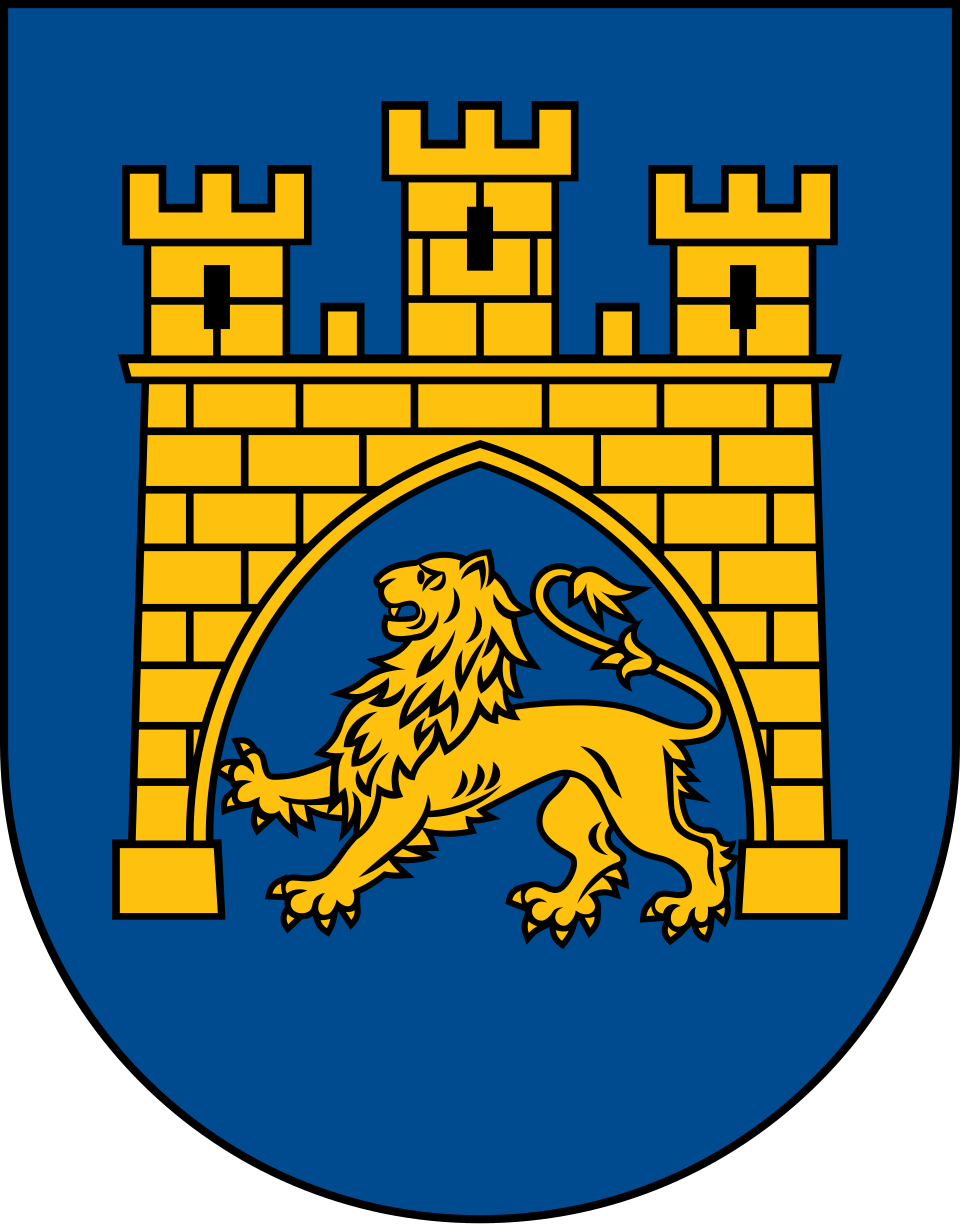Morocco accelerates its advanced regionalization

All political, economic, and social actors in Morocco agreed that the 2nd National Conference on Advanced Regionalization, held in Tangier on December 20 and 21, was a key moment in defining the territorial structure of the Kingdom. The message of King Mohammed VI, read by the Minister of the Interior, Abdelouafi Laftit, during the inauguration, with an unequivocal commitment to regionalization, already foreshadowed this historic character. The Monarch’s speech resolutely defended both decentralization as well as the need to improve the financing of the regions.
At the opening, the president of the Association of Moroccan Regions, Mbarka Bouaida, stressed that this second edition of the Conference was taking place under the banner of the “acceleration” of Moroccan regionalization.“Regionalization,” she stated, “is the way in which the country faces developmental challenges”. The host, Omar Moro, the president of the Regional Council of Tangier Tetouan Al Hoceima, set the stage for the debate by stating that the crucial issues facing Moroccan regions are: financing, digitalization, water management, and mobility.
With the presence of 1,560 participants, during the two days of the Conference, six workshops were held in aims to discuss all the topics highlighted by President Moro. The objective was to provide a clear roadmap for a decentralization process that, in contrast to the reality of other countries, enjoys the consensus of the central government and the regions. Thus, the different regional presidents paraded through these workshops, together with experts and analysts, who further outlined the strategies for acceleration.
Rachid El Abdi, President of the Rabat-Salé-Kénitra Regional Council and President of ORU Fogar, participated in the session dedicated to financing. He stood in favor of revising the legislation and improving subsidies allocated to the regions. Furthermore, he defended the need for regional councils to function as companies, and that the financing of projects through the central government and private actors serves the interests of both the state and the region. Hro Abrou, President of Drâa Tafilalet, expressed a very similar opinion. He pointed out that his regional council only has 3% of its own resources, therefore, defending the need for taxes to be adapted to the uniqueness of the regions.
The president of the Fés-Meknés regional council, Abdelouahed Ansari, was in charge of putting forward the demands of the regions regarding water management policies; in a country where by 2024 the reserves of the reservoirs have decreased from 27% to 83%. Mohamed Bouarorou, president of the Oriental regional council, at the workshop on digitalization, advocated a radical regional commitment to digital infrastructures, while still promoting the skills of human resources, citing Berkane as a model municipality.
Beyond the speeches, the Conference represented the illustration of all these policies because it served to get the national government and all the regional presidents to sign four framework agreements on the following subjects: advanced regionalization, water management and security, urban transport, and waste management.
Special guests of the Association of Moroccan Regions at the event were the regional associations of Senegal, Burkina Faso, and Mali, headed by their respective presidents: Ahmed Youssouf Benjeloune, Abdoulaye Bassinga and Abdoulaye Maiga. Another guest was the Secretary General of ORU Fogar, Carles Llorens, who at the end of the meeting said: “Our most sincere congratulations to President Mbarka Bouaida. For many years, even before becoming Secretary of ORU Fogar, I had been invited to speak about the Spanish autonomous state as a reference for Moroccan decentralization. Today, especially for many African countries, the reference for decentralization and development policies is Morocco. This has been clearly seen in these two days.”










































































